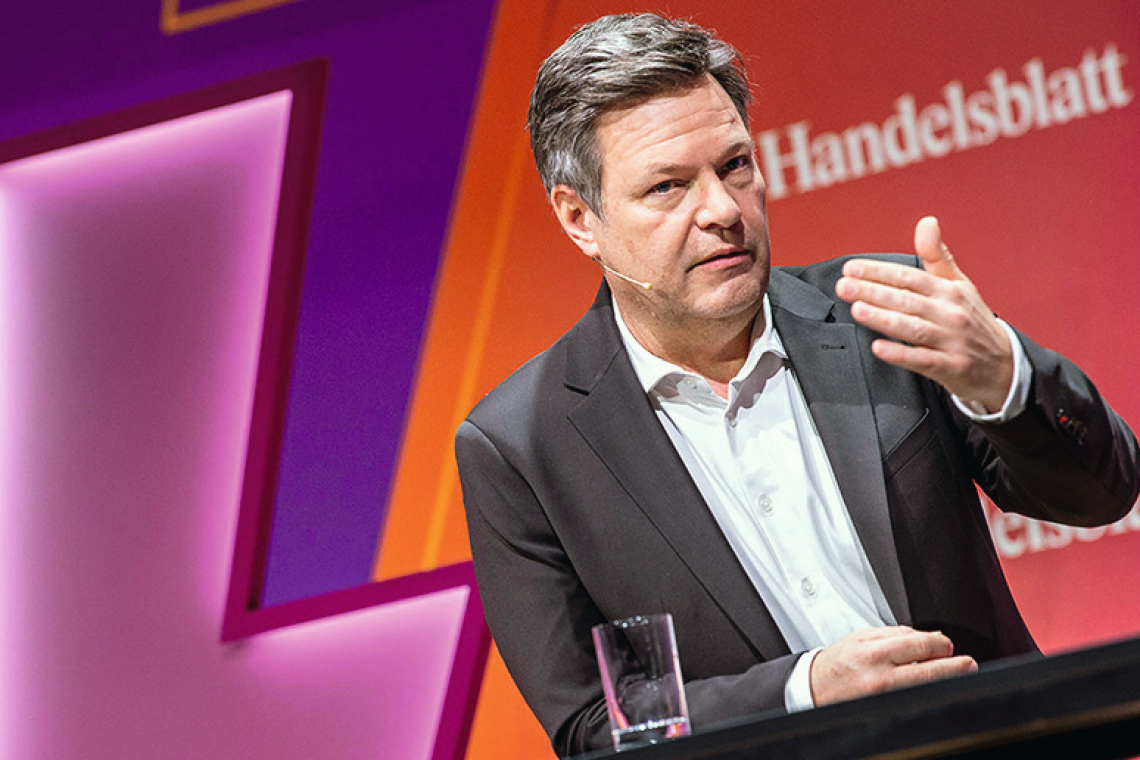Under the motto "Ready for new action: Europe's green transformation", the Handelsblatt Energy Summit 2024 took place in Berlin and brought together the key players from politics, energy and start-ups to set the course for the sustainable transformation of the energy system.
One answer to the question of how we can move from crisis management mode to actively shaping the energy transition of the future is that a European approach is needed. Decarbonizing the energy supply is only possible with cross-border solutions. At the beginning of December 2023, only 10% of renewable energy could be fed into the German grid. Stable power supply is possible with intelligent grid integration. The energy supply must be affordable. Grid expansion must also be further advanced for this.
In an exchange of experiences on cross-border solutions for the energy transition with representatives from neighboring countries, Kerstin Andreae, Chairwoman of the German Association of Energy and Water Industries, emphasized that the federal states must continue to expand the infrastructure. Every country must ensure that a guaranteed capacity is available. For a renewable energy future, not only are numerous new power plants necessary, but the electricity grids must also be expanded quickly and on a large scale, said Barbara Schmidt from Österreichs Energie. One part of the supply strategy is the development of CCS technology in Germany and the Netherlands.
Investment programs are essential for the success of the energy transition. The Institute of Energy Economics at the University of Cologne has drawn up a scenario according to which at least 2 trillion euros of investment will be required by 2030. Additional investment is planned in the industrial sector, for non-residential buildings and for gas and hydrogen networks. Ann-Kathrin Klaas from the Institute of Energy Economics noted that there has been a delay in investment since 2018 and that the need for investment is increasing as a result. This applies in particular to the expansion of ground-mounted photovoltaic systems, onshore wind farms and grids.
Transformation programs do not come for free. Sabine Nallinger, Director of the KlimaWirtschaft Foundation, suggested creating incentives with private capital and super write-offs, tax privileges for energy transition bonds or low equity requirements for infrastructure projects. It was unacceptable that German companies were currently investing three times more abroad than in Germany. Mario Kohle, CEO of Enpal, criticized the fact that not all funding programs make sense. For example, e-cars are heavily subsidized, but PV systems are not. He pleaded for an expansion of PV system production in Germany so as not to leave the market to the Americans and Chinese. Complete solar systems, such as those sold by Enpal, are currently only possible with suppliers from China. At the congress, it became clear that a smart and reliable industrial policy is necessary to maintain and expand Germany as an industrial location, which also ensures that the infrastructure is expanded.


